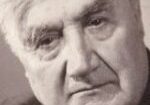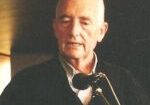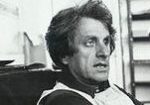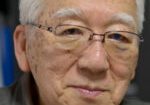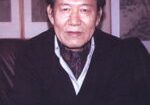Huber, Klaus
(1924-2017)
Year of Election: 1994
Born in Bern in 1924, Huber studied violin and music pedagogy at the Zurich Conservatory from 1947 to 1949 with the legendary violinist Stefi Geyer (a dedicatee of concertos by Béla Bartók and Othmar Schoeck), before commencing six years of composition studies there with Willy Burkhard in 1949. Huber subsequently continued his composition studies with Boris Blacher in Berlin and his earliest compositions were serial works influenced by Anton Webern. Huber’s international breakthrough came when his 1957 chamber cantata Des Engels Anredung an die Seele received its world premiere at the 1959 ISCM World New Music Days in Rome. The work, which used consonant intervals within a strictly serial context, was highly unusual for its time.
In the 1960s, Huber emerged as one of the leading figures of his generation in Europe, comparable to Pierre Boulez and Karlheinz Stockhausen, and was one of the most performed composers in the history of the ISCM World New Music Days. (A complete list of those performances, which included two world premieres, appears below.) Huber served on the jury for the Swiss ISCM section for many years as well as on the ISCM’s international jury in 1965 and 1969.
A socially and politically conscious composer, Huber created works which often convey a humanistic message. He set texts by Biblical prophets and medieval mystics as well as Latin American liberation theologians and contemporary poets such as Heinrich Böll. From the 1980s, Huber studied Arabic music and poetry which influenced his later works.
Huber taught composition at the City of Basel Music Academy (1961–72) and at the Hochschule für Musik Freiburg (1973–90). He was also appointed director of the composition seminars at the Gaudeamus Foundation in Bilthoven, Netherlands, in 1966, 1968 and 1972 and founded the Boswil Composer’s Academy in Switzerland. Additionally, he held international visiting professorships and was invited to give composition classes in Paris, London, Geneva, Milan, Lyon, Montreal, Sarajevo, Tatui (Brazil), and many other places around the world. Several of his students became internationally recognized composers, including Brian Ferneyhough, Kaija Saariaho, Toshio Hosokawa, Wolfgang Rihm, Michael Jarrell, André Richard, and Younghi Pagh-Paan (who later became his wife). Huber had been a member of the Akademie der Künste in Berlin since 1986. In 2009, he was awarded both the Musikpreis Salzburg and the Ernst von Siemens Musikpreis. In 2013, he received the Deutscher Musikautorenpreis for his lifetime achievement. His manuscripts are kept by the Paul Sacher Foundation in Basel.
He has died at the age of 92 in Perugia, Italy.
*
Music by Klaus Huber performed during ISCM World New Music Days festivals*
1958 Oratio Mechtildis for alto voice and chamber orchestra (1956-57) [25′]
1959 Des Engels Anredung an die Seele for tenor, flute, clarinet, French horn, and harp (1957) [11’] [WP]
1960 Auf die ruhige Nachtzeit for soprano, flute, viola, and cello (1958) [12′] –
1962 Cuius Legibus Rotantur Poli for chorus and orchestra (1962) [16′] [WP] **
1966 Alveare vernat for flute and ensemble (1965) [13′]
1968 Tenebrae for large orchestra (1966-67) [20′] –
1972 …inwendig voller figur… for chorus, loudspeaker, large orchestra and 8-channel electronics (1971) [25′]
1977 Transpositio ad infinitum for solo cello (1976) [8′]
1980 …ohne grenze und Rand for viola and small orchestra (1976-77) [13′]
1991 Erniedrigt – Geknechtet – Verlassen – Verachtet… for solo voices, chorus, orchestra and tape (1981-82) [70’]
Notes
* In addition to these ten Huber compositions, a performance of his 80-minute 1973 opera Jot, oder wann kommt der Herr zurück was scheduled for the 1974 World New Music Days, but was cancelled. For the 2004 ISCM WNMD, a performance of Huber’s 1990 composition …plainte…, arranged for recorder quartet by Conrad Steinmann, was scheduled and is even listed in the WNMD program book; but according to Steinmann, the arrangement was never made and so the performance could not have taken place.
** Cuius Legibus Rotantur Poli was subsequently incorporated into Huber’s 51-minute Soliloquia Sancti Aurelii Augustini, which received its premiere in Zurich in 1964, as the seventh and final movement.
Submitted by Javier Hagen, President
SGNM Schweizer Gesellschaft für Neue Musik
Read more: https://www.klaushuber.com/pagina.php

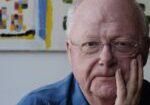
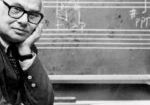

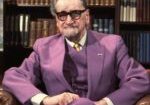

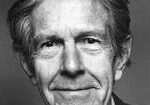
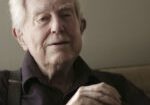
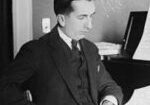
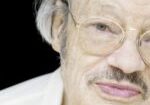
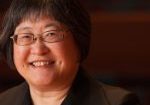
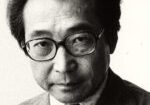
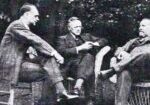
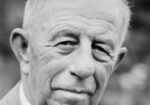
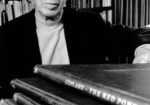
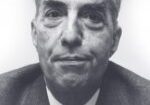
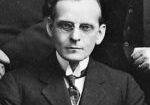
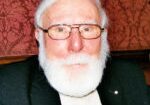
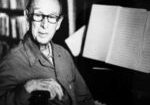
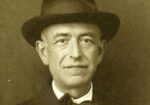
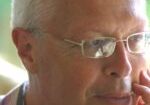
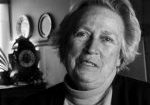
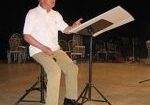
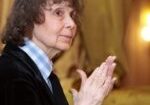

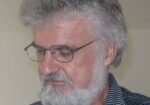
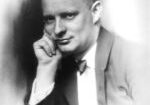
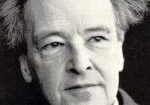
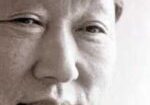
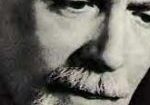
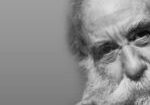

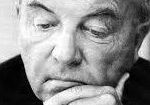
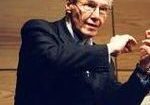
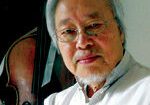
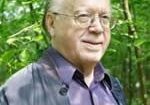



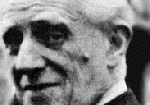
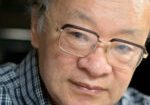
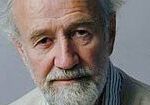
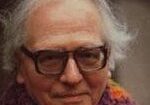
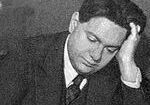
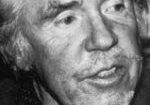
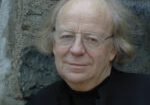
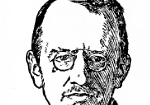
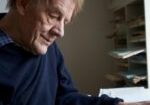


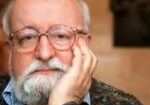
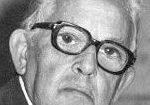
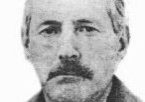
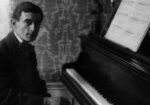
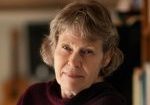
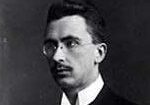
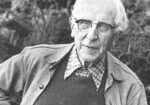
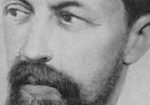

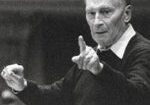
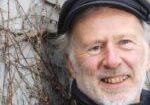
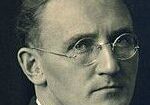
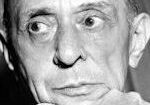
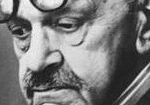
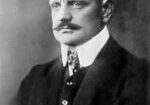
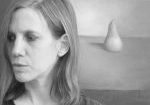
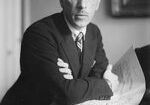
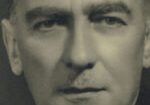
![Intel(R) IPP JPEG encoder [7.1.37466] - Sep 25 2012; Intel(R) IPP JPEG encoder [7.1.37466] - Sep 25 2012;](https://iscm.org/wp-content/uploads/bb-plugin/cache/Takemitsu2-150x150-landscape-cf22e4b9c16b8acff68edeb43de8def1-.jpg)
